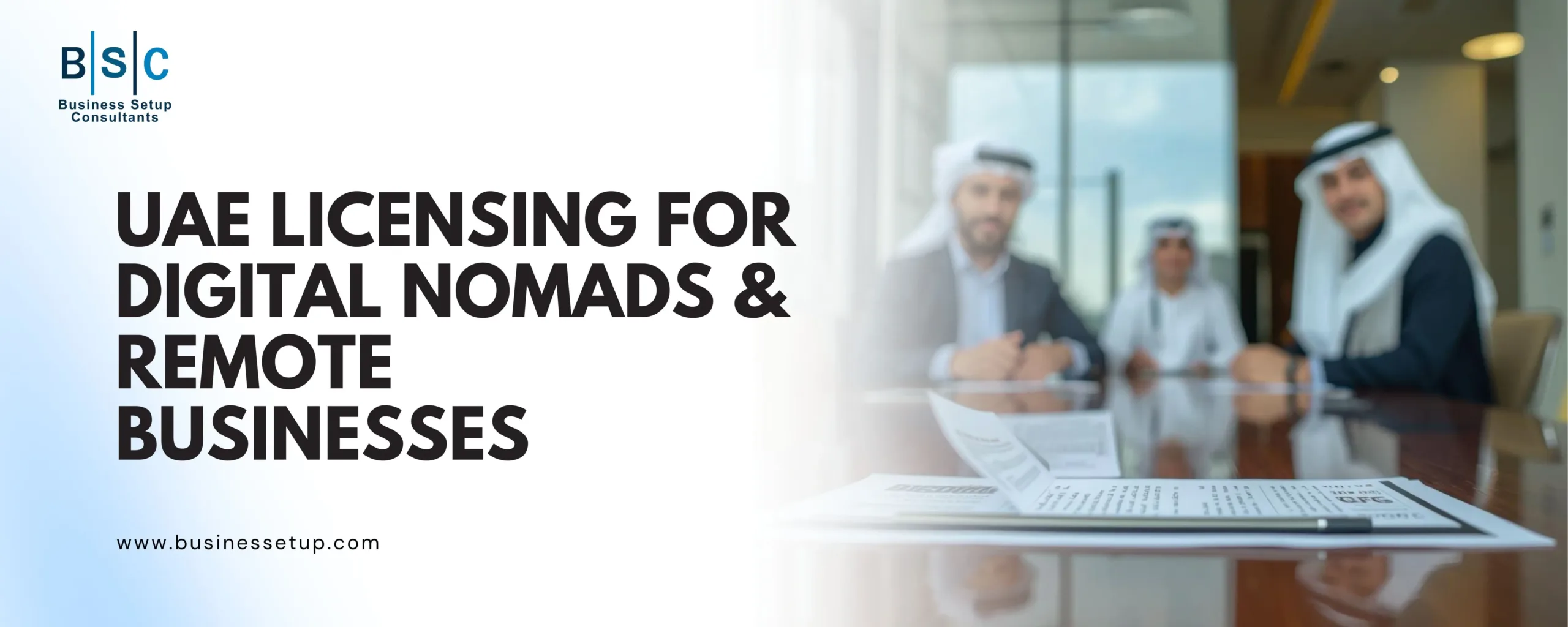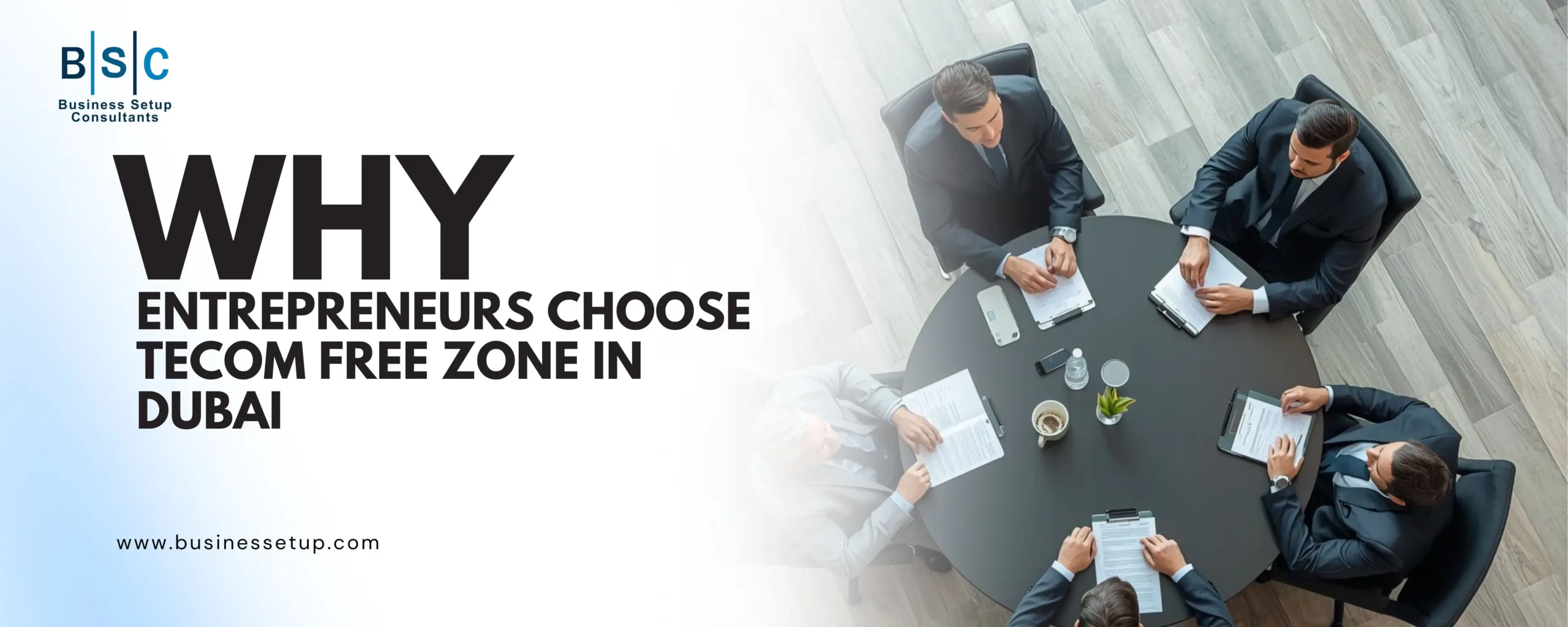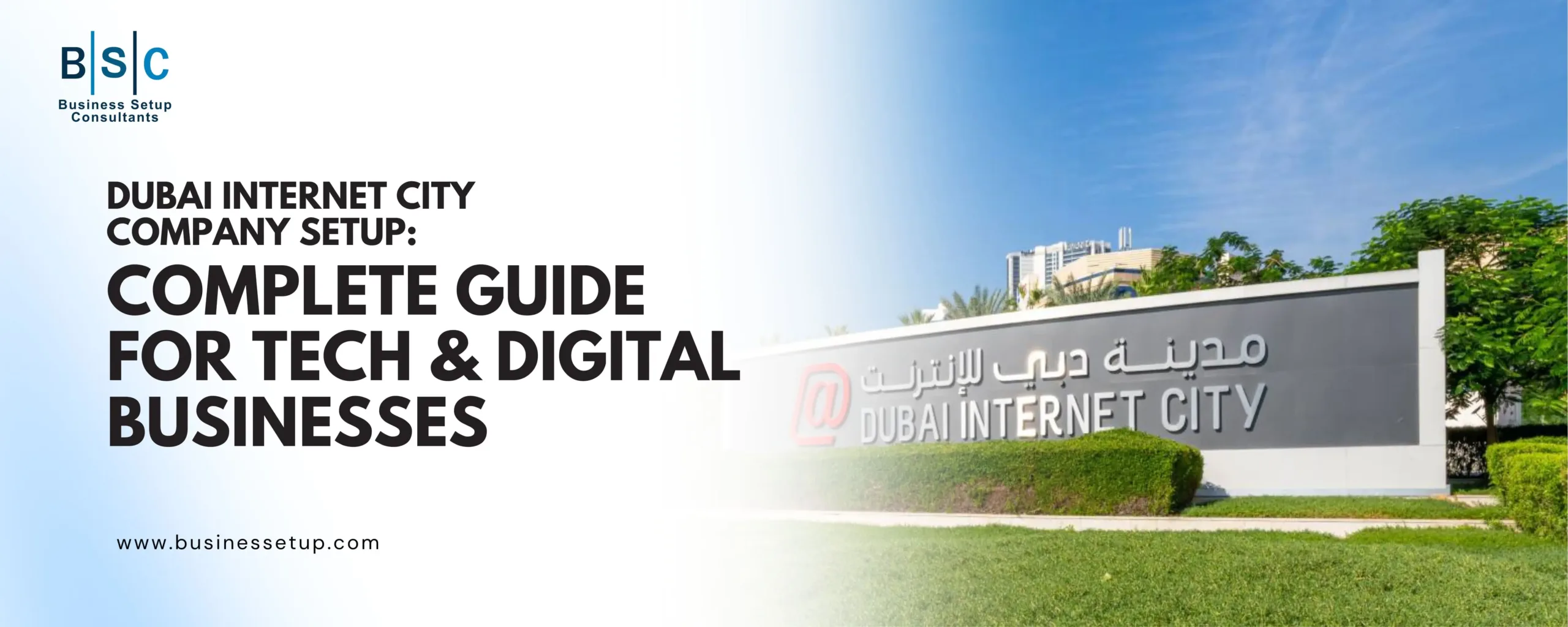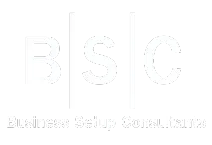
How VAT will Impact Businesses in UAE ?
UAE VAT Impact on Business | The Good, the Bad, and the Unexpected
All six GCC countries were introduced with simultaneous value-added taxes (VAT) in January 2018 in different business sectors.
VAT is not new, in fact the concept of GST/VAT was originated in France in 1950 and to date, there are over 160 countries across the globe, where General Sales Tax (GST) and VAT are applied. These countries also include some of the biggest economies like China , European Union and many other Asian countries like Singapore , Sri Lanka , and India etc.
Along these lines, the hottest question in town is how Value Added Tax is going to influence the commercial activities and living standard of the inhabitants? Which sectors are to be most influenced? And, Who will be relishing exemptions? We have put together the concise and precise answers to all your questions here. To know, please continue reading.
In January 2017 we wrote about “ Taxes are coming to UAE ” in case you are interested to read this.
Background on VAT in the UAE
The UAE implemented a VAT system on January 1, 2018, at a standard rate of 5%. This consumption-based tax is applied to the majority of goods and services, with some exceptions, such as certain healthcare, education, and financial services. The introduction of VAT was part of the UAE’s efforts to diversify its revenue streams and reduce its reliance on oil exports.
Understanding the implications of this tax is crucial for companies to remain compliant, maintain financial stability, and adapt their operations effectively.
Who Will Be Affected?
Considering UAE, all the businesses in UAE will be affected, as VAT will be impacting the sales of most the products and services. Although some consumption tax reliefs and exemption are anticipated for few business sectors, the majority of them including construction, real estate, insurance, education, automobile, consumer goods will be hit hard. Digging into details, Property and Real Estate Sector would be facing a substantial impact with the 5% increased VAT , as it tends to bring a rational effect on the demand of property, at least for a short-term. In Property and Real Estate Sector, residential properties will be relishing the exemptions on residential rent and subsequent property sale and the first sale will also be zero-rated. However, for all the commercial property 5% VAT will be applicable to the property sales and lease both. Though business would be able to claim for the VAT input paid with-in their rent of commercial activities. The Bare land sale is also exempted from the VAT in UAE.
Construction sector will also be affected and experiencing the increase in overall cost of material labor and building construction. The impact also tends to be short term, until the industry prepares itself and find the cost curtailing procedure and suppliers that provide them at low cost. The education sector is yet questioned with either VAT exemption or zero-rate, whereas consumer electronics sector is anticipated to be hit the hardest whereas grocery sector to be the least influenced.
Impact of VAT on Businesses in the UAE
The introduction of Value-Added Tax (VAT) in the United Arab Emirates (UAE) in 2018 has had a significant impact on the country’s business landscape. As a new tax system, VAT has presented both challenges and opportunities for businesses of all sizes operating in the UAE.
The implementation of VAT has had a profound impact on businesses in the UAE, touching various aspects of their operations.
Compliance Requirements
One of the primary challenges businesses face is ensuring compliance with the new VAT regulations. This includes the vat registration process, invoicing requirements, record-keeping, and timely filing of vat returns. Failure to meet these obligations can result in penalties and fines, which can significantly impact a company’s financial well-being.
Financial Impact
The financial implications of VAT on businesses in the UAE are multifaceted. First, the introduction of the tax has led to an increase in operating costs, as companies must account for the additional 5% charge on the goods and services they purchase. This, in turn, has put pressure on profit margins, forcing businesses to carefully evaluate their pricing strategy to maintain their competitiveness.
Additionally, the cash flow dynamics of businesses have been affected. Companies must now collect VAT from their customers and remit it to the government, which can create a temporary cash flow gap until the input vat credits can be claimed. This can be particularly challenging for small enterprises with limited financial resources.
Operational Changes
To ensure VAT compliance and manage the financial impact, businesses in the UAE have had to implement various operational changes. This includes adjustments to their accounting service and financial systems to accurately track VAT-related transactions, as well as the training of staff on VAT-related processes and requirements.
Furthermore, companies have had to review their supply chain and procurement practices to optimize VAT recovery and minimize the tax burden. This may involve identifying opportunities to claim input vat credits, negotiating with suppliers to ensure the accurate application of VAT, and developing robust record-keeping mechanisms.
Sectoral Considerations
The impact of VAT on businesses in the UAE varies across different industries and sectors. For example, the retail and hospitality sectors have faced the brunt of the changes, as they must incorporate VAT into their pricing structures and manage the increased administrative burden. Real estate companies, on the other hand, have had to navigate the complexities of VAT treatment for various property-related transactions.
Small businesses, in particular, have encountered unique challenges in adapting to the VAT system. These businesses often have limited resources and expertise, making it more difficult to navigate the compliance requirements and mitigate the financial impact of the tax.
Strategies for Businesses to Manage VAT
To effectively manage the impact of VAT, businesses in the UAE have had to develop and implement various strategies:
What do Entrepreneurs Need to Do?
The entrepreneurs of UAE can take the lesson from Malaysia which set out an amazing example of VAT application to the rest of the world. Malaysia is the most recent economy which has embraced the VAT in April 2015. The key lesson that we should learn from Malaysia is that business companies that managed to adopt VAT implementations before coming into force and adjusted their business model accordingly are found to be more responsive towards potential issues, managed risks effectively and planned their cash flow and capital expenditures more efficiently.
Thus, all the businessperson in UAE should likewise prepare and revamp their business models, operating systems, and financial structures according to the new tax system. In other words, they are required to undertake proactive measures that can possibly facilitate them in addressing the forthcoming impact in term of deficiencies and increasing cost. In case of exempt businesses, corporate restructuring and reorganization needed to be undertaken immediately. Most importantly, businesspersons are required to immediately integrate VAT into their business stream while ensuring to maintaining accurate track record and documents, in order to demonstrate and submit to the tax authority to validate their VAT compliance.
Effective VAT planning and budgeting
Companies must incorporate VAT-related costs into their overall financial planning and budgeting processes to ensure they have the necessary resources to meet their tax obligations.
Optimizing VAT recovery and claiming input VAT credits
Businesses should closely examine their procurement and invoicing practices to maximize their ability to claim input VAT credits and minimize the overall VAT burden.
Implementing Effective VAT Payment Systems
In the UAE, navigating the VAT scheme has become crucial for businesses to comprehend their VAT liability and obligations. As the import VAT plays a significant role, understanding its implications is vital, especially for businesses reaching the VAT threshold.
With VAT revenue contributing to the nation’s budget, businesses must ensure compliance to avoid penalties and audits from governmental bodies like the Congressional Budget Office. Engaging auditing services becomes imperative to maintain accuracy in VAT payments and reporting within the VAT system.
While VAT offers a more transparent taxation model compared to retail sales taxes, businesses must strategize to manage their VAT liabilities effectively. Adapting to the VAT system requires meticulous attention to detail, as errors in VAT payment can impact the bottom line significantly.
Leveraging technology and automation
The use of specialized VAT software and automated processes can help businesses streamline their compliance efforts, reduce the risk of errors, and enhance the efficiency of their VAT-related tasks.
Seeking professional advice and guidance
Many businesses have turned to tax experts and consultants to navigate the complexities of the VAT system, ensure compliance, and identify opportunities for optimization.
How Business Setup Consultants Could Help?
We have a highly professional and experienced team that can help you understanding and integrate all the fundamental VAT requirement, implications and consequences. Our team of experts is always on their toes to guide you with their knowledgeable advice.
We are more than happy to serve you anytime, use the message window on the right to leave a message or contact us directly through +971 4 4301245 or by sending us an email at info@businessetup.com .









